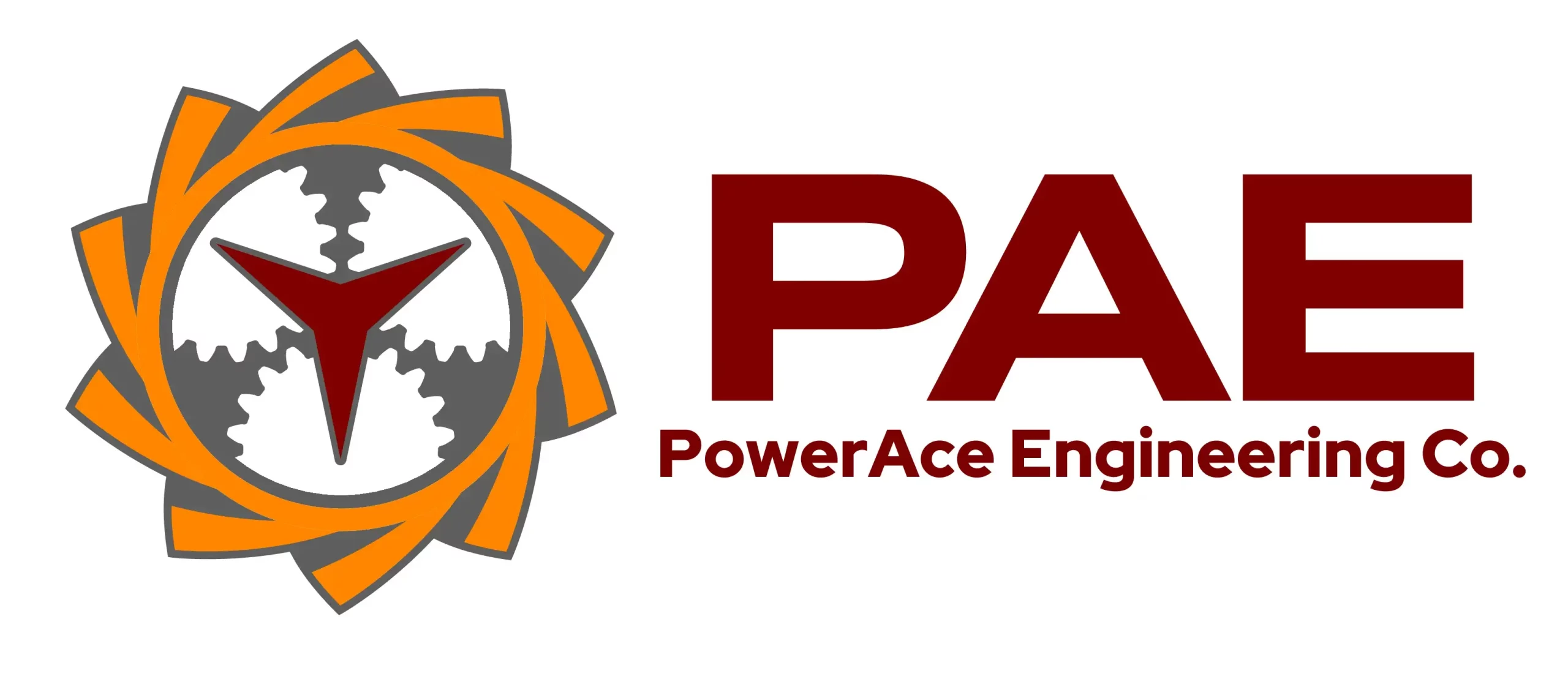Equipment failure due to overload is a common concern that can lead to costly downtime and extensive repairs in industrial environments. As machinery becomes more advanced and operates under higher loads, safeguarding against these risks is crucial. Torque limiter couplings have emerged as a vital component, offering an innovative solution to protect industrial equipment from damage due to sudden overloads. These couplings are designed to disengage the driving and driven components when excessive torque is detected, preventing catastrophic failures. Understanding how torque limiter couplings work and their application can significantly enhance operational efficiency and extend the lifespan of machinery.
What Are Torque Limiter Couplings?
Torque limiter couplings are mechanical devices that limit the torque transmitted through a drive system. They act as a protective mechanism that disconnects the drive from the load when a pre-set torque threshold is exceeded. This automatic disengagement prevents damage to industrial equipment caused by unexpected overloads, ensuring a safe operating environment. The innovative design of these couplings allows for precise torque settings, making them suitable for various applications across different industries.
Importance of Torque Limiter Couplings in Industrial Equipment
The risk of equipment overload is ever-present in industries where machinery operates under heavy loads or fluctuating conditions. Industrial couplings with torque-limiting capabilities play a critical role in mitigating this risk. They provide a fail-safe mechanism that safeguards motors, gearboxes, and other mechanical components from sudden shock loads or jamming. By automatically disengaging during an overload, these couplings prevent severe mechanical damage and the associated downtime, making them an essential component in high-performance industrial settings.
How Torque Limiter Couplings Work
Torque limiter couplings incorporate a frictional element or a mechanical release mechanism within the coupling assembly. When the torque exceeds a pre-set limit, the frictional element slips, or the mechanical release mechanism disengages the driving and driven shafts. Here’s a breakdown of how they operate:
- Setting the Torque Limit: The couplings are designed with an adjustable torque setting. The torque limit can be fine-tuned based on the machinery’s specific requirements, ensuring that the system operates safely within its designed parameters.
- Detecting Overload: During normal operation, the coupling transmits torque between the motor and the driven load. When an overload condition occurs, such as a jam or sudden impact, the torque in the system increases rapidly.
- Automatic Disengagement: The coupling disengages automatically once the torque reaches the pre-set limit. In the case of friction-based torque limiters, this disengagement can occur through slipping or a mechanical release in other designs.
- Re-engagement: After the overload condition is cleared, the coupling can be manually or automatically re-engaged, allowing the machinery to resume normal operation.
Innovative Features of Modern Torque Limiter Couplings
The latest torque limiter couplings are designed with several innovative features that enhance their performance and applicability across various industries:
- Precision Torque Settings: Modern couplings offer precise and easily adjustable torque settings, allowing operators to set exact limits that align with the specific requirements of their industrial equipment.
- Compact Design: Advanced industrial couplings are designed to be compact and lightweight, enabling easy integration into existing machinery without requiring significant modifications.
- High Sensitivity: These couplings can detect even slight increases in torque, ensuring rapid disengagement to protect equipment from potential damage.
- Re-engagement Options: Some torque limiter couplings feature automatic re-engagement mechanisms, minimizing downtime by allowing machinery to resume operation quickly after an overload event.
Applications of Torque Limiter Couplings in Industrial Settings
Torque limiter couplings are widely used across various industrial sectors where equipment protection is of the essence. Some common applications include:
- Conveyor Systems: In material handling systems, industrial equipment servo couplings with torque limiting capabilities prevent damage to motors and gearboxes caused by sudden jams or blockages.
- Packaging Machinery: In packaging lines, these couplings safeguard machinery from the impact of overloading due to irregular product flow or mechanical jams.
- Printing Presses: Torque limiter couplings protect printing presses from damage caused by paper jams or sudden changes in tension.
- Servo Drives: In precision-driven applications, industrial equipment servo couplings protect servo motors from overloads, maintaining accuracy and preventing damage to sensitive components.
Choosing the Right Torque Limiter Coupling
Selecting the appropriate torque limiter coupling for your application is outmost importance to ensure optimal protection and performance. When choosing a coupling, consider the following factors:
- Torque Range: Ensure the coupling can handle your equipment’s torque range and has an adjustable setting that meets your operational requirements.
- Type of Application: Consider the specific application and the type of equipment involved.
- Size and Design: Select a coupling that fits seamlessly into your existing machinery without requiring extensive modifications.
Torque limiter couplings are an innovative solution for protecting industrial equipment from the damaging effects of overload. By automatically disengaging the drive system when excessive torque is detected, these couplings prevent catastrophic failures, reduce downtime, and extend the lifespan of machinery. Modern torque limiters come with advanced features such as precision settings, compact designs, and automatic re-engagement options, making them suitable for a wide range of industrial applications. Investing in high-quality inductrial couplings with torque-limiting capabilities are a proactive measure that enhances safety, improves operational efficiency, and ensures the longevity of your equipment.
If you’re tired of unplanned downtime, contact Power Ace to get advanced torque limiter couplings. We are a reputable industrial couplings manufacturer with many years of expertise in providing high-quality couplings. Besides standard configurations, we can also customize couplings as per your need. All our couplings are manufactured from top-quality raw materials to ensure optimal performance in diverse industrial applications. Book a consultation to choose a customized solution to improve your business processes.
